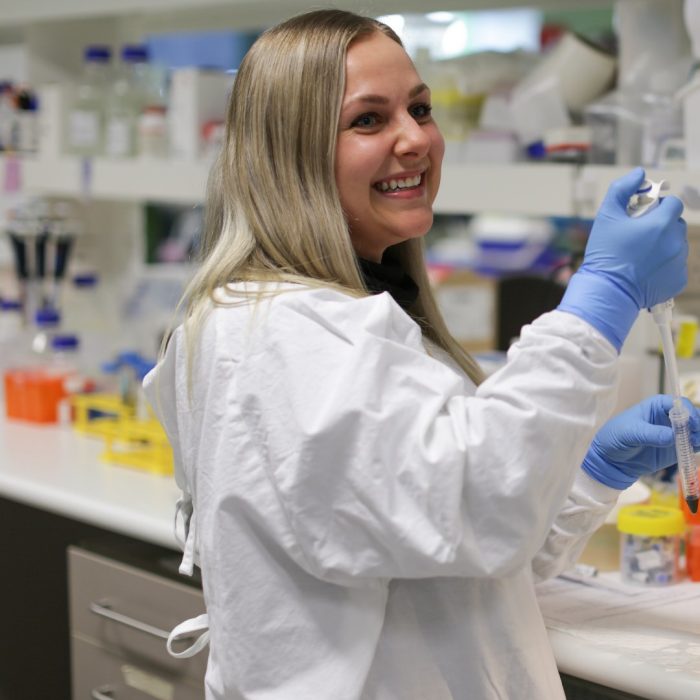Our people

Professor Murray Norris AM
Director
Professor Norris is the inaugural Director of the UNSW Centre for Childhood Cancer Research. He was also one of the first scientists at the Centre’s partner institute, the Children’s Cancer Institute, when its research laboratories opened in 1984. He leads the Molecular Oncology Group and was appointed Deputy Director of Children’s Cancer Institute in 2000.
Professor Norris has an international research reputation that spans more than 30 years in childhood neuroblastoma—particularly in the molecular analysis of genes and their relationship with clinical features. He was responsible for developing and implementing unique technology enabling the early prediction of relapse in children with acute lymphoblastic leukaemia. His focus is on utilising new molecular genetic technologies to improve the diagnosis and risk classification and treatment of childhood cancer.
In 2015, Professor Norris was appointed a Member of the Order of Australia for significant service to medical research as a molecular biologist and through pioneering development of treatments for cancer in children.
Professor Richard Lock
Deputy Director
Professor Lock is the inaugural Deputy Director of the UNSW Centre for Childhood Cancer Research. He is also head of the Children’s Cancer Institute’s leukaemia biology program. He has a well-established international reputation in the cancer-related fields of cell cycle control, drug resistance and mechanisms of programmed cell death (apoptosis).
Professor Lock has successfully developed a clinically relevant laboratory model for the in vivo growth of human acute lymphoblastic leukaemia cells—the first such model in Australia. This model now plays a central role in the preclinical evaluation of anticancer agents and the identification of new targets for targeted therapies.
Professor Lock is currently a National Health and Medical Research Council Senior Research Fellow and has been awarded research grants by the National Cancer Institute (USA), the Cancer Council NSW (Australia) and the National Health and Medical Research Council (Australia). He is also a Principal Investigator in the National Cancer Institute’s Pediatric Preclinical Testing Consortium, which aims to provide reliable preclinical testing data for paediatric drug candidates that can be used to inform new agent prioritisation decisions.
Dr Angelica Merlot
Scientia, NHMRC and CINSW ECR Fellow
Dr Merlot is a project leader in the UNSW Centre for Childhood Cancer Research tumour biology and targeting group. She joined UNSW in 2018 and became part of the Children’s Cancer Institute after being awarded a Scientia Career Development Fellowship. Before this, she worked at the University of Sydney, developing anti-cancer drugs for aggressive, hard-to-treat cancers such as pancreatic cancer.
Dr Merlot is the youngest ever recipient of a National Health and Medical Research Council (NHMRC) Fellowship. She currently concurrently holds three Fellowships (NHMRC, Cancer Institute NSW and Scientia) and multiple national research grants.
In 2019, Dr Merlot was announced as the 2019 NSW Young Woman of the Year, Tall Poppy Award Winner and 2019 Premier’s Early Career Researcher of the Year (Biological Sciences). She is a committed champion for women in science, medicine and technology, encouraging girls and women to pursue careers in research.
Contact us
For general enquiries and membership
Dr Amanda Philp
Researcher Development & Strategy Manager
(02) 7209 6746
